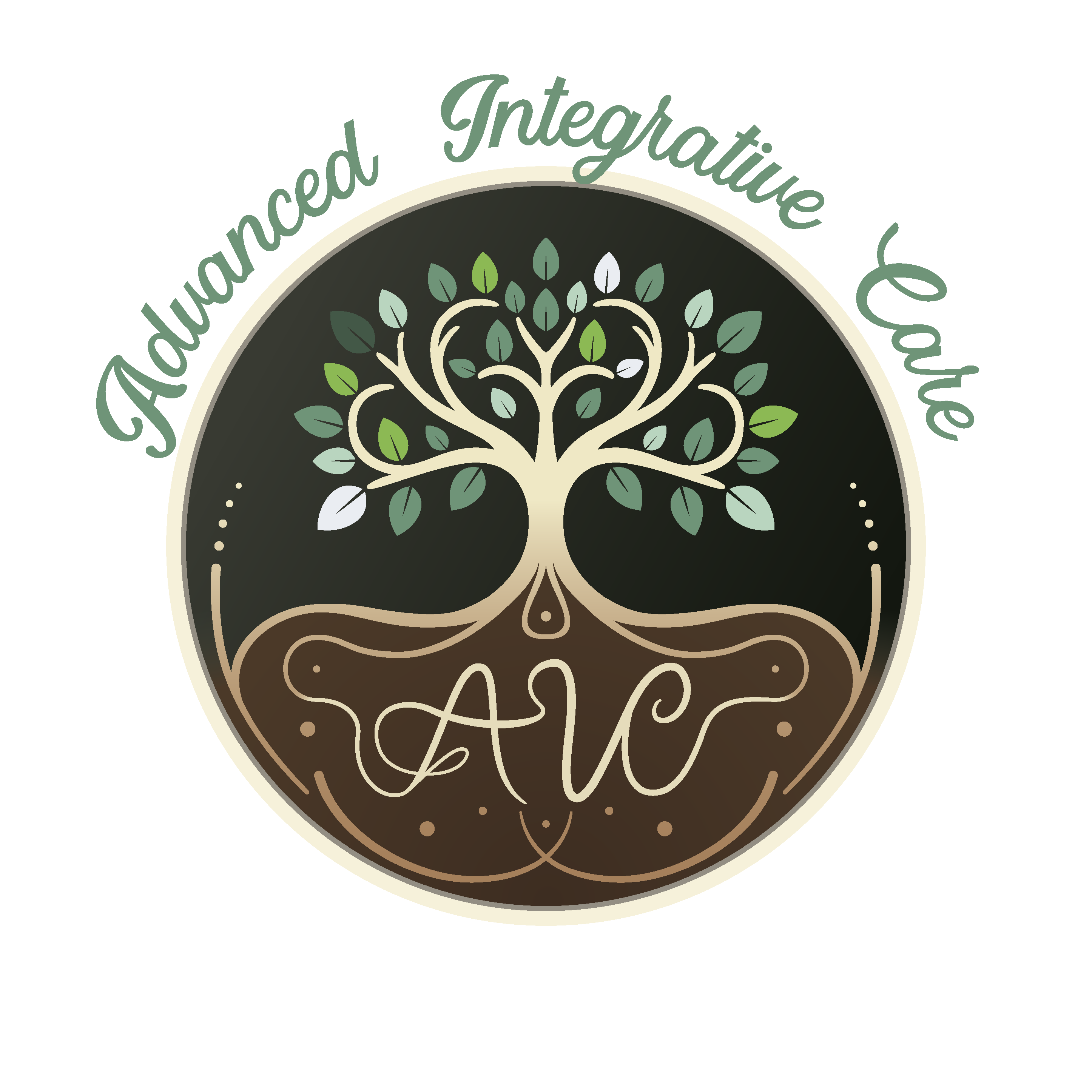Anxiety and depression are common yet complex mental health conditions that affect millions of people worldwide. Ranging in severity, these emotional health concerns can negatively impact an individual’s daily functioning, quality of life, relationships, and overall well-being. Successfully managing anxiety and depression often requires a personalized, holistic treatment approach that encompasses both body and mind, addressing not only the symptoms but also the underlying causes and emotional struggles associated with these mental health challenges.
At Advanced Integrative Care, we are dedicated to providing comprehensive, integrative solutions for effectively managing anxiety and depression. Our empathetic team of healthcare professionals works collaboratively with patients to create customized treatment plans that incorporate a variety of innovative, integrative therapies. By combining these integrative therapies with proven strategies for stress management and emotional resilience, we help patients overcome anxiety and depression, promoting improved emotional well-being and an overall healthier, more fulfilling life.
In this article, we will discuss the unique challenges of managing anxiety and depression and explore the benefits of adopting a holistic, integrative approach to care. We will highlight the various integrative therapies used at Advanced Integrative Care for supporting emotional well-being, as well as the importance of incorporating stress management techniques and lifestyle adjustments into treatment plans. Finally, we will underline the advantages of seeking personalized, compassionate care for anxiety and depression, and the transformative impact it can have on patients’ lives.
The Importance of Holistic Treatment for Anxiety and Depression
A holistic approach to treating anxiety and depression recognizes the complex interplay between emotional, physical, and environmental factors that contribute to these mental health challenges. By addressing the root causes of anxiety and depression rather than merely targeting the symptoms, holistic treatment allows for a deeper understanding of the individual’s needs, fostering a patient-centered approach to care. Integrative therapies, combined with stress management techniques and lifestyle adjustments, offer an effective means for managing anxiety and depression while enhancing overall emotional well-being.
Integrative Therapies for Emotional Well-being
Advanced Integrative Care offers a comprehensive suite of innovative, integrative therapies designed to support emotional well-being and effectively manage anxiety and depression. These therapies can be personalized to meet the specific needs of each patient, further optimizing treatment outcomes. Some of the integrative therapies we provide include:
1. Alpha-Stim: A non-invasive and medication-free therapy, Alpha-Stim uses cranial electrotherapy stimulation (CES) to alleviate symptoms of anxiety and depression. Through the emission of low-level electrical currents, Alpha-Stim promotes relaxation and improved sleep quality, leading to a better emotional state.
2. Medical Cannabis: Medical cannabis has shown promise in helping to manage anxiety and depression symptoms by interacting with the body’s endocannabinoid system. Natural compounds in cannabis, such as THC and CBD, can help regulate mood, reduce anxiety, and promote relaxation.
3. IV Therapies: Customized IV nutrient therapy can combat potential nutrient deficiencies or imbalances that may be contributing to anxiety and depression symptoms. By delivering essential vitamins, minerals, and amino acids directly into the bloodstream, IV therapy supports optimal brain function and emotional well-being.
4. Essential Oils: Aromatherapy using essential oils is a natural and non-invasive method for promoting relaxation and managing anxiety and depression symptoms. Specific essential oils, such as lavender, chamomile, and bergamot, have been found to possess mood-enhancing properties, supporting emotional balance and well-being.
Stress Management Techniques for Emotional Resilience
Incorporating stress management techniques is essential for developing emotional resilience and effectively managing anxiety and depression. By fostering a proactive approach to managing stress, patients can achieve better emotional regulation and overall mental health. Some suggested stress management techniques include:
1. Mindfulness Meditation: Mindfulness meditation involves cultivating a non-judgmental awareness of the present moment, helping patients better cope with anxiety and depression. Regular mindfulness practice can improve mental clarity, focus, and emotional well-being.
2. Breathing Exercises: Deep, slow breaths can trigger the body’s relaxation response, reducing stress and promoting a sense of calm. Integrating daily deep breathing exercises, such as diaphragmatic breathing or 4-7-8 breathing, can have a significant positive impact on anxiety and depression management.
3. Progressive Muscle Relaxation: Progressive muscle relaxation is a technique that involves systematically tensing and relaxing various muscle groups. Regular practice of this technique can help to release tension from the body, decrease stress levels, and promote relaxation.
Lifestyle Adjustments for Enhancing Emotional Well-being
Making targeted lifestyle adjustments can play a vital role in managing anxiety and depression effectively. By embracing healthy habits and practices, patients can create a supportive environment for their emotional well-being. Some suggested lifestyle adjustments for combating anxiety and depression include:
1. Regular Physical Activity: Engaging in regular exercise, such as walking, swimming, or yoga, can promote the release of feel-good endorphins, reduce stress, and improve overall mental health.
2. Balanced Diet: Consuming a well-balanced, nutrient-rich diet can support brain health and emotional well-being. Emphasize whole foods, such as fruits, vegetables, lean proteins, and whole grains, while minimizing processed foods and added sugars.
3. Prioritizing Sleep: Adequate, restorative sleep plays a critical role in maintaining emotional health. Establish a consistent sleep schedule, create a sleep-supportive environment, and minimize stimulants, such as caffeine and screen time, before bedtime.
4. Social Connections: Building and maintaining supportive social connections can significantly impact mental health. Foster strong relationships with friends, family members, support groups, or therapists to cultivate a sense of belonging and emotional stability.
Conclusion
Successfully managing anxiety and depression requires a comprehensive, personalized treatment approach that takes into account the unique challenges and needs of each individual. At Advanced Integrative Care, we are committed to providing compassionate, patient-centered care through a combination of integrative care therapies, stress management techniques, and targeted lifestyle adjustments. If you or a loved one is struggling with anxiety or depression and seeking effective, holistic treatment options, contact us today. Our dedicated team of healthcare professionals is passionate about helping you reclaim your emotional well-being and live a healthier, more fulfilling life.
